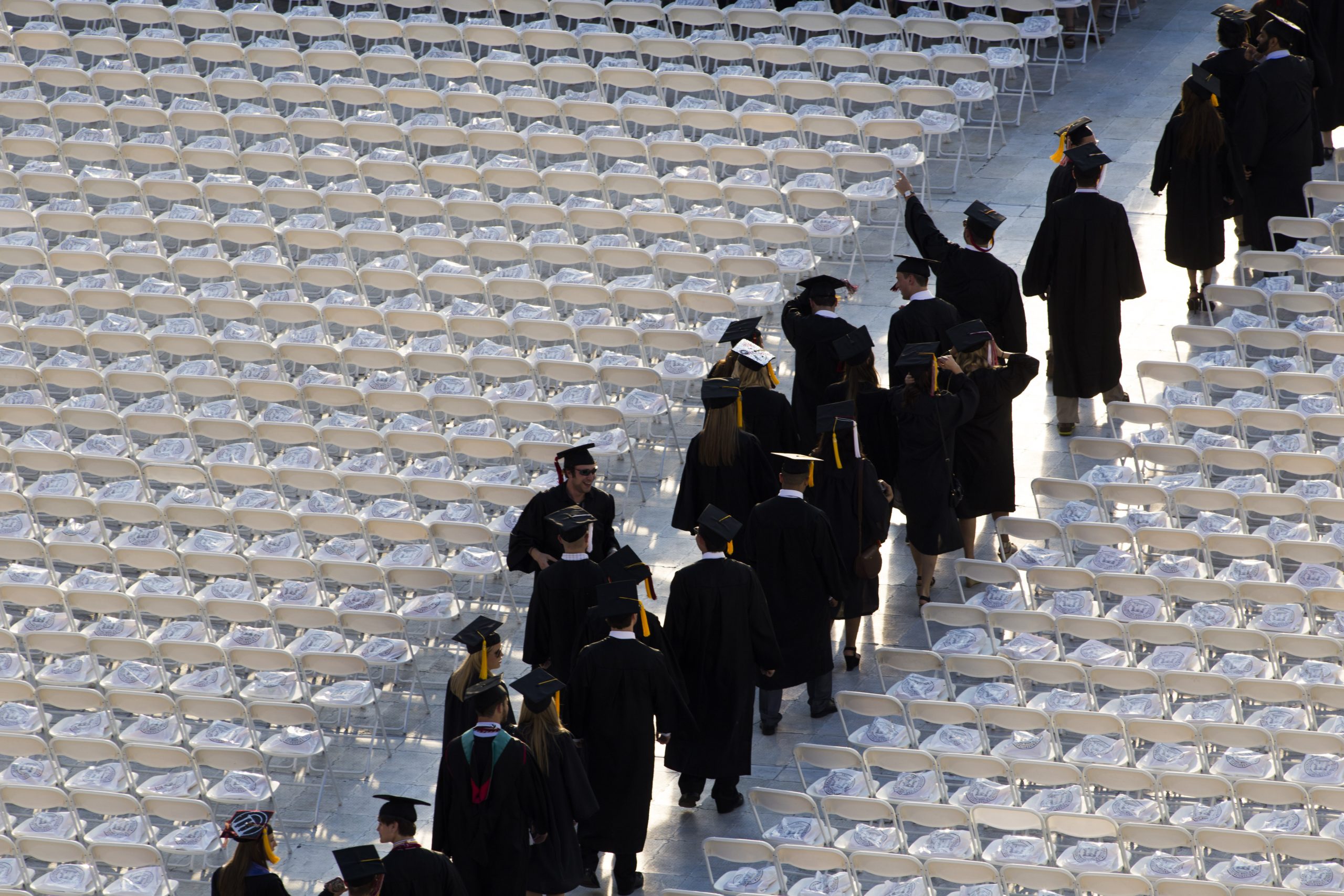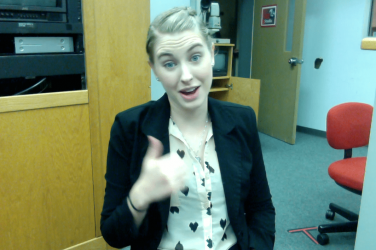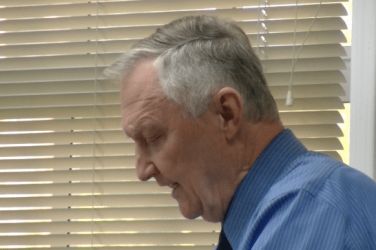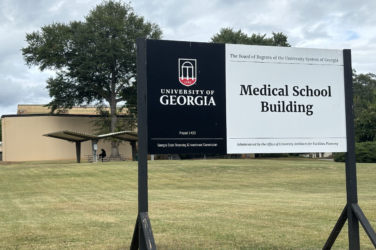For most University of Georgia students, the graduation ceremony in Sanford Stadium is the ultimate form of closure. The fireworks at the end of the ceremony are the perfect bookend to the fireworks seen on acceptances four years prior.
On Wednesday, March 18, 2020, I, along with thousands of other students, learned in an e-mail that we would not be seeing fireworks this year due to the spread of COVID-19.

While it was heartbreaking to see my worst fears materialized, I was expecting it. Classes had already been moved completely online under the guidance of the University System of Georgia the day prior. With the elimination of face-to-face instruction, I lost my entire semester.
I would no longer have my last sorority formal, I would not have any last game nights with my friends. I would not have any more “lasts.” I had already unknowingly experienced them all. It is not ideal, to say the least, but I am one of the lucky ones. I am in good health, and I am safe.
Even though this is not the senior year I thought I would have, I know all the precautions are necessary. Georgia has more than 4,000 reported cases of COVID-19, with more than 50 in Clarke County. The numbers are constantly growing, along with deaths.
While President Donald Trump previously hoped social distancing practices would only be necessary until Easter, the guidelines now extend until the end of April. Anthony Fauci, a leader of the White House’s coronavirus task force as well as the director of the National Institute of Allergy and Infectious Diseases, agrees with this new deadline.
While I am hopeful this deadline stands, it is easy for me to see all the reasons that it will not.
I have seen firsthand those who are refusing to follow shelter-in-place guidelines. The virus seems to be spreading faster, hitting its victims harder than we originally thought it would.
For now, all I can do is wait. The red dress that I purchased for graduation hangs in my closet. I attend most of my classes via Zoom from the guest bedroom in my parents’ house, three hours away from Athens.
As a journalism student, I can appreciate this time for its historical significance. Never before has there been a health issue this widespread that has been both blessed and cursed with nonstop coverage on both social media and news outlets. However, future implications are hard to value when the present situation seems so bleak.
Before spring break, I was eagerly counting down the seconds for my health journalism class to end, excited for the week to come. Ironically, we were discussing COVID-19. Just two weeks later, it was cemented that I would never walk into a University of Georgia classroom as a student again. It was like I could see it coming from a mile away, but I just did not know how hard and fast it would hit me.
Allison Pennington is a student taking a seminar focused on health and medical journalism for spring 2020.









Show Comments (1)